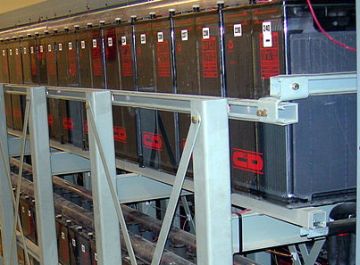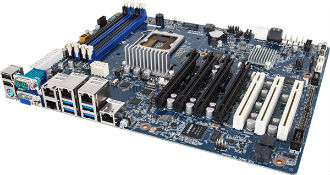Demand for cloud based services is so great that data centres will find it hard to cope in the future.
That’s according to Christian Belady, Microsoft’s general manager of datacentres, who will highlight several problems at the Data Centre Dynamics Converged conference in London that kicks off on the 20th of November at the Excel conference centre.
He said that demand for cloud services, computing capacity is the “most crucial challenge”. He called on the datacentre industry to take a unified stand to pre-empt problems before they arose.
He said: “There are tremendous complexities involved in delivering that demand globally on a market-by-market basis, such as varying tax and data requirements and working with multiple governments across disparate regions of the world. To meet the increasing demand for these sorts of services, the industry needs to come together to tackle these complexities as an urgent priority.”
He continued: “Datacenters are getting larger, and the industry needs to determine the best ways to deliver power more economically and sustainably in different parts of the world. The past rules for enterprise datacenters no longer hold when we talk about the cloud. Our biggest opportunity is in how we as an industry can pull all the traditionally disparate pieces together in a seamless way. To meet the growth demands, the industry will need to integrate at every level – from the infrastructure and software to utilities and governments. It’s not any one thing. We’ll succeed when all of these industries work together to push the sector forward as one holistically optimised ecosystem.”
 Microsoft has signed up Capita to its global Cloud OS Network.
Microsoft has signed up Capita to its global Cloud OS Network.








